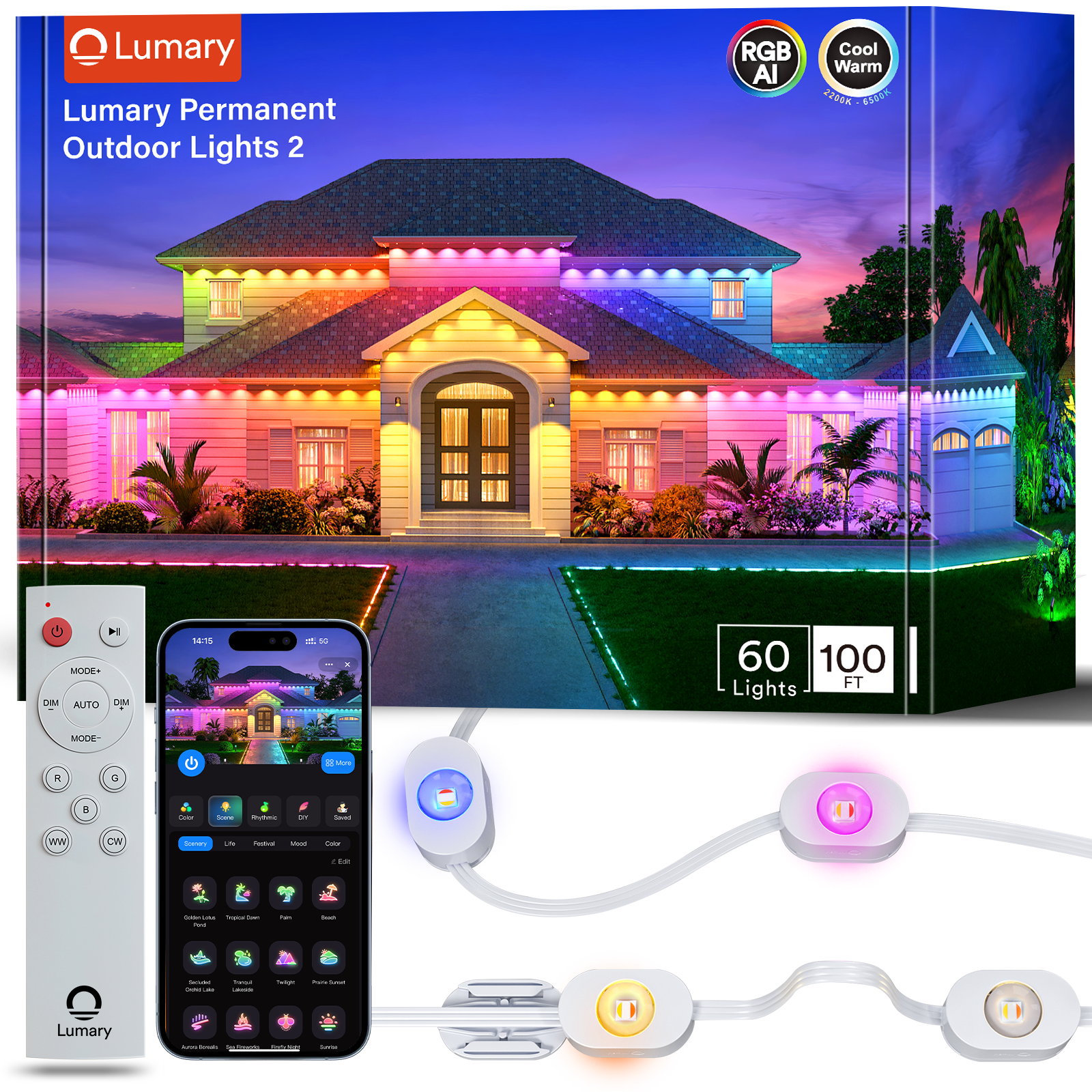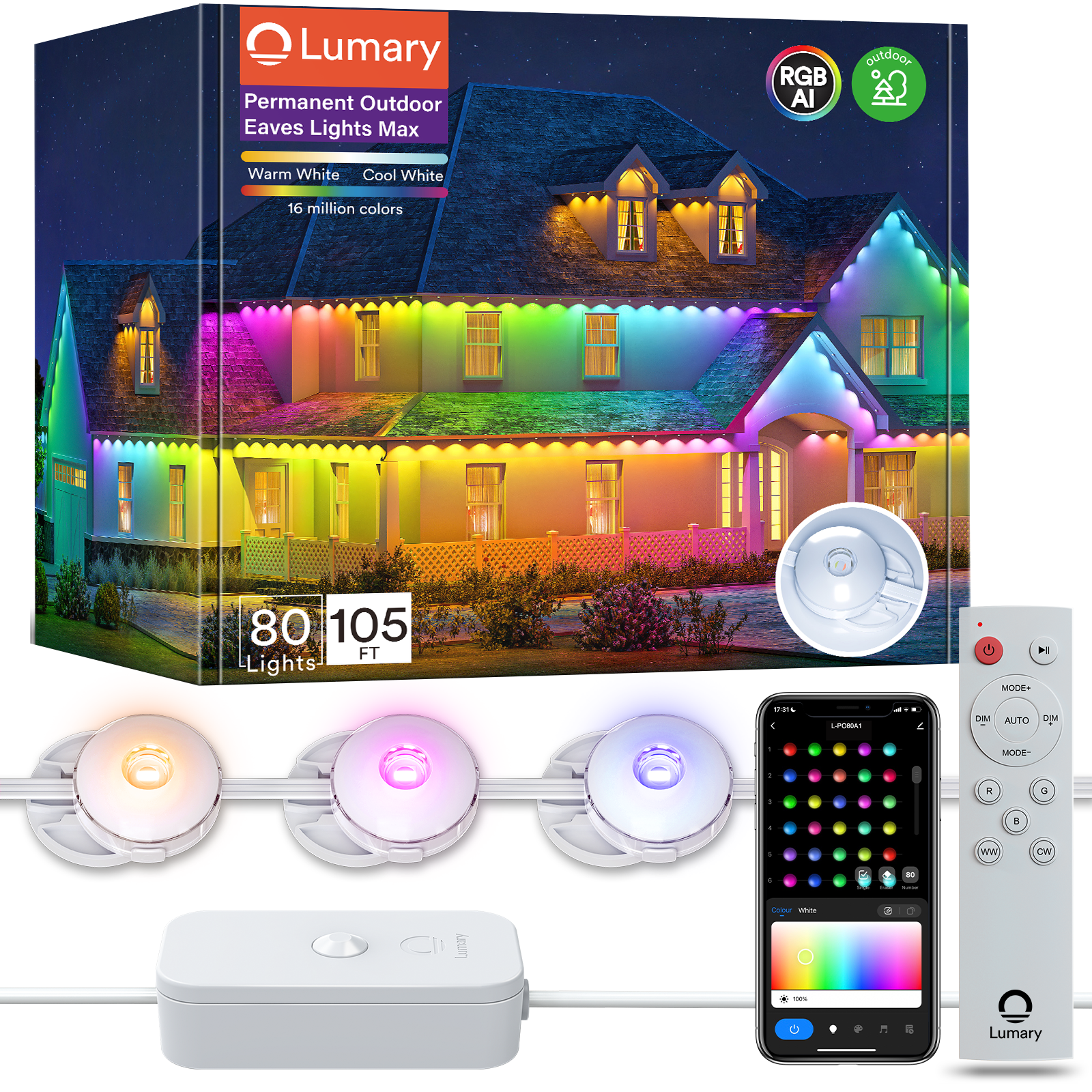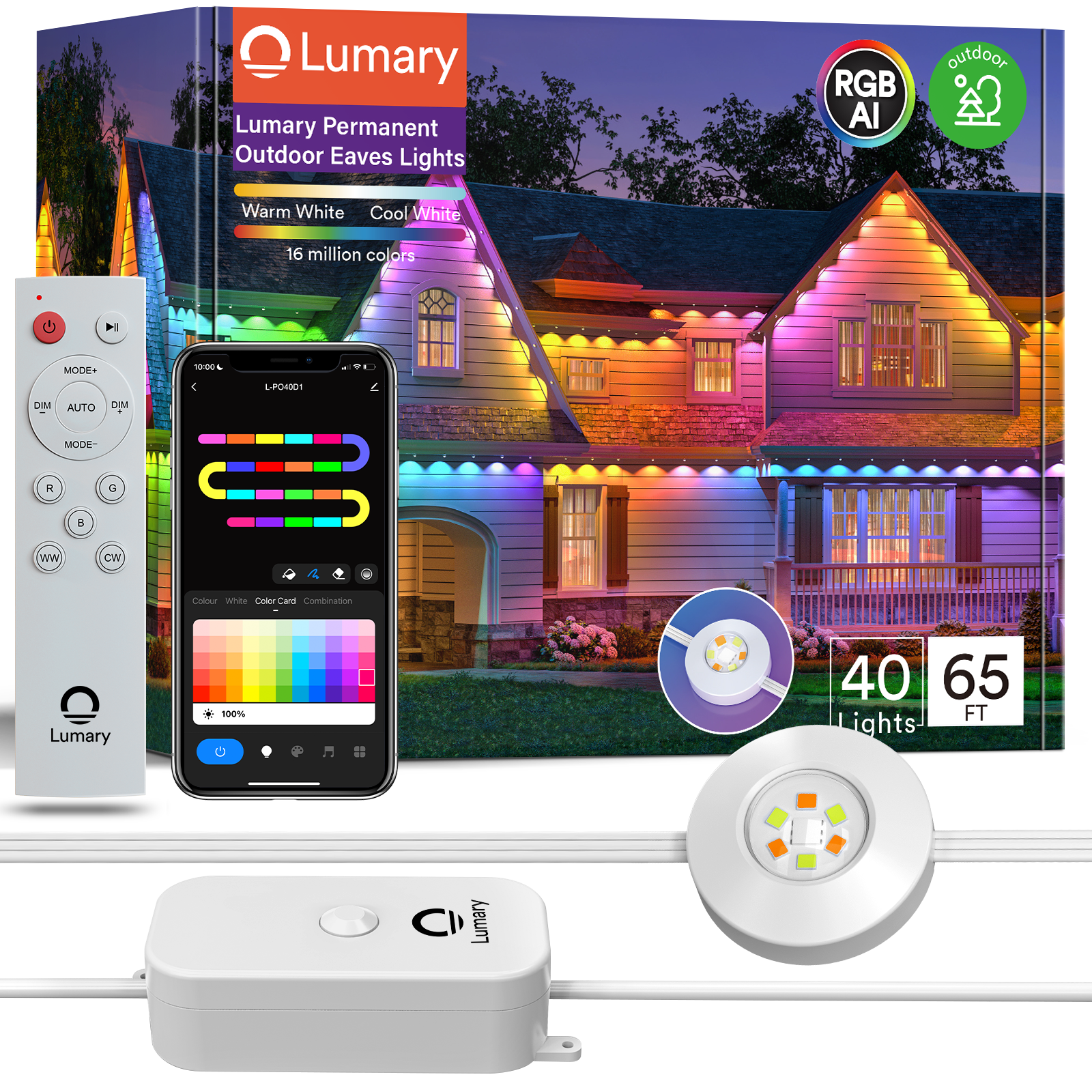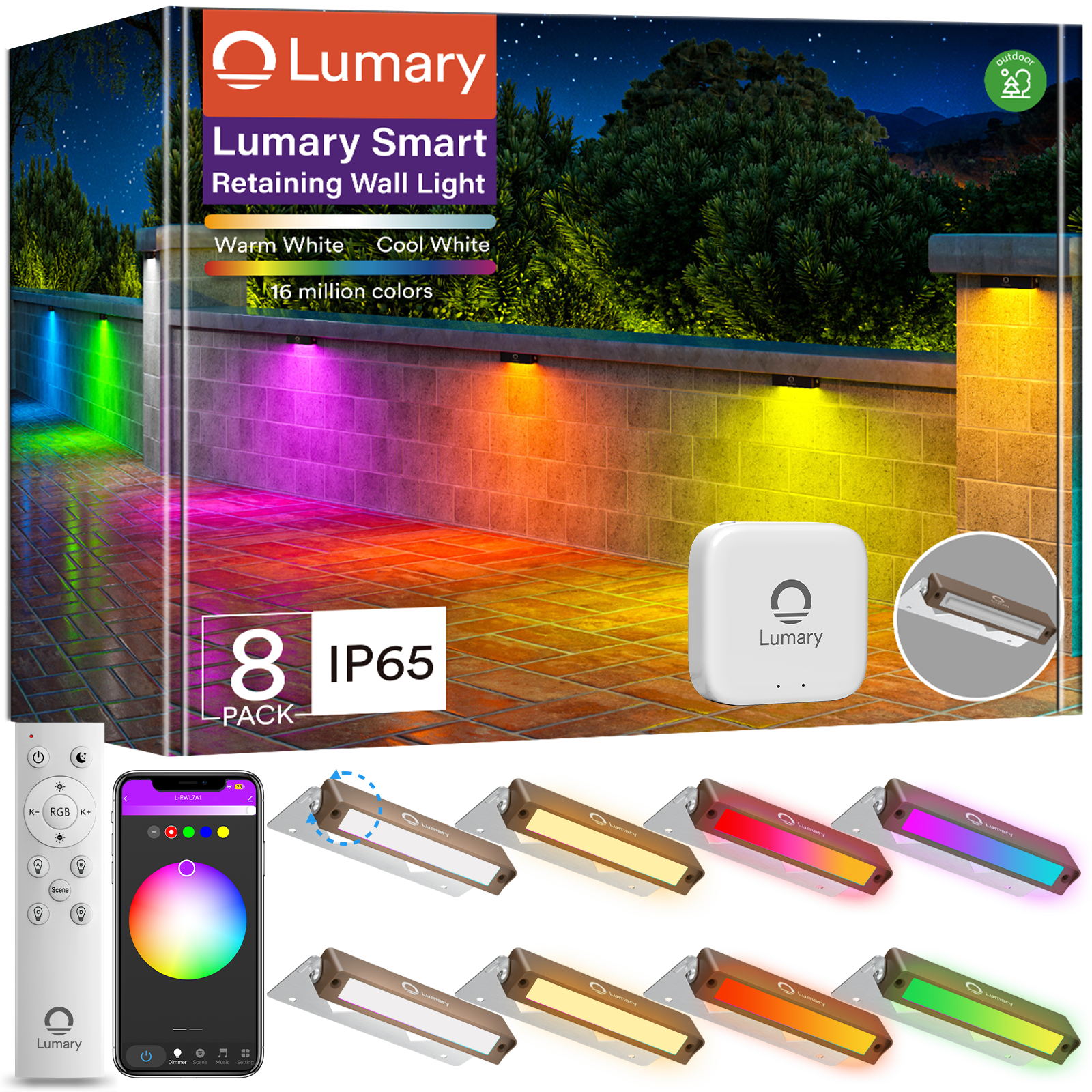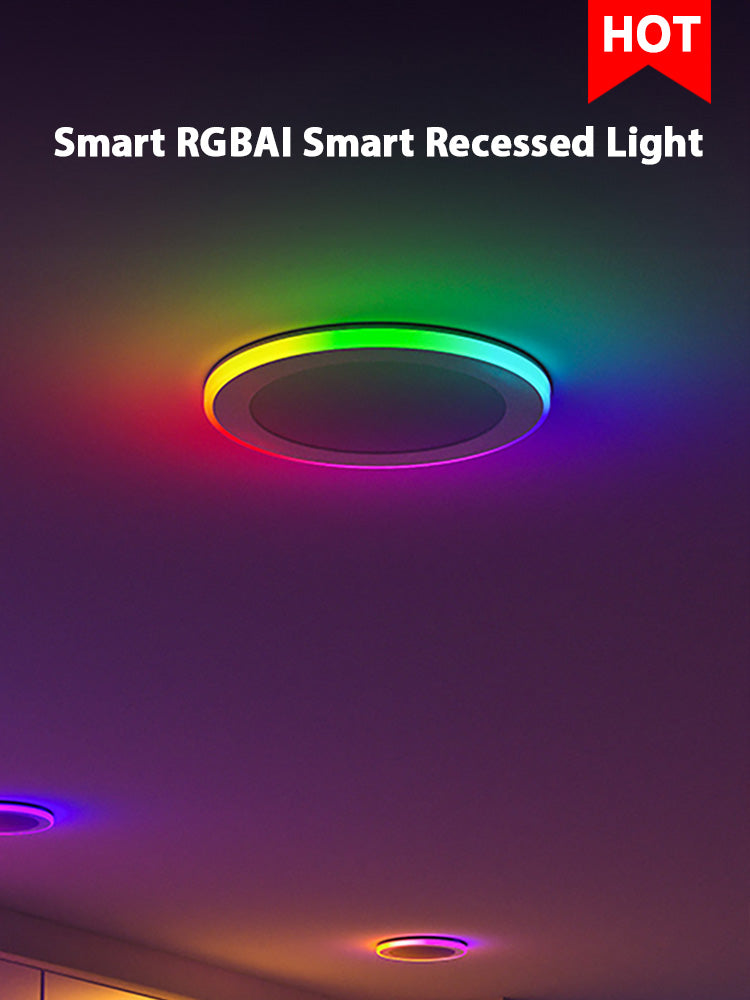You may ask if thin recessed light bulbs are good for your home. Many people pick these bulbs because they are easy to put in and save energy. These lights look modern, help you save money, and work with smart home systems. You should think about the size of your room, how high your ceiling is, and why you need the lights. It is easy to take care of these bulbs, especially if you use LED bulbs that last a long time. Smart recessed light bulbs let you change how bright or colorful the light is, and you can even match them with music. Make sure to think about your space and what you need before you choose.

Key Takeaways
-
Thin recessed light bulbs do not take up much space. They fit well in rooms with low ceilings. They make your home look modern and clean.
-
LED recessed lights use less energy than old bulbs. They last a long time. This helps you save money on your electric bills.
-
It is easier and faster to install thin recessed lights. They need less ceiling space than traditional can lights. The wiring is simple.
-
Smart LED recessed lights have cool features. You can change colors, dim the lights, and use your phone to control them. This helps you set the right mood in any room.
-
Before you buy, think about your ceiling type. Also, think about your lighting needs and your budget. This helps you pick the right fixtures. It also helps you avoid problems with installation or compatibility.
Recessed Light Bulbs Overview
What Are Thin Recessed Light Bulbs
You might have seen thin recessed light bulbs in homes, offices, or even stores. These bulbs fit right into your ceiling, so you barely notice them. They are a type of can lights, but much slimmer than the old styles. Thin recessed light bulbs work well in places where you want a clean look or where your ceiling is not very deep.
There are a few main types of recessed light bulbs you can choose from:
-
Incandescent bulbs: These are the old-fashioned kind. They do not last long, usually between 750 and 2,000 hours. They also get hot, which can make your room warmer.
-
Standard LED bulbs: These bulbs fit into regular can lights. Sometimes, they do not last as long as you hope because of heat or old parts.
-
Integrated LED recessed lighting: This is the newest style. The LED panel is built right into the fixture, so you do not need to change bulbs. These can last up to 50,000 hours, which means you might not need to replace them for decades.
Tip: If you use your lighting for about 3 hours a day, integrated LED recessed light bulbs could last over 45 years!
How They Differ from Traditional Recessed Lighting
Thin recessed light bulbs stand out because they make installation much easier. You do not need to cut big holes or mess with lots of wires. Most thin can lights clip right into the ceiling. You do not need extra hardware or deep spaces above your ceiling. This makes them perfect for homes with low ceilings or tight spaces.
Here’s a quick look at the differences:
|
Feature |
Thin Recessed Light Bulbs (Canless) |
Traditional Can Lights |
|---|---|---|
|
Installation |
Clips into ceiling, easy setup |
Needs metal housing, more work |
|
Ceiling Depth Needed |
Very shallow |
Needs more space |
|
Bulb Replacement |
Rarely needed (integrated LED) |
Bulbs need changing |
|
Heat Output |
Low |
Higher (especially incandescent) |
|
Design |
Sleek, modern |
Bulkier, visible trim |
Thin can lights also use less energy. They save about 75% more energy than old incandescent bulbs. You get more choices, too. You can pick different colors, dim the lights, or even control them with your phone. These bulbs fit flush with your ceiling, so your room looks neat and modern.
If you want lighting that is easy to install, saves space, and lasts a long time, thin recessed light bulbs are a smart choice for your can lights.

LED Recessed Lights Pros
Easy Installation
You might think installing can lights is hard, but with modern led recessed lights, you can do it much faster and easier. The ultra-thin design lets you fit these lights into tight spaces where old can lights would never work. Here’s how the installation usually goes:
-
Turn off the power and check for safety.
-
Measure and mark where you want your lights.
-
Use a hole saw to cut clean holes in the ceiling.
-
Insert the led fixtures and secure them with screws.
-
Connect the wires using push connectors—no twisting or wire nuts needed.
-
Turn the power back on and test your new lighting.
This process saves you time and effort. The push connectors make wiring simple, and the slim profile means you don’t need deep ceilings. You can finish the installation quickly, even if you have never worked with can lights before.
Energy Efficiency
When you switch to led recessed lights, you save a lot of energy. These bulbs use much less power than old incandescent or CFL bulbs. Take a look at this comparison:
|
Bulb Type |
Typical Wattage |
Cost to Run 24 Hours |
|---|---|---|
|
Incandescent |
60W |
$0.22 |
|
CFL |
15W |
$0.054 |
|
LED |
10W |
$0.036 |
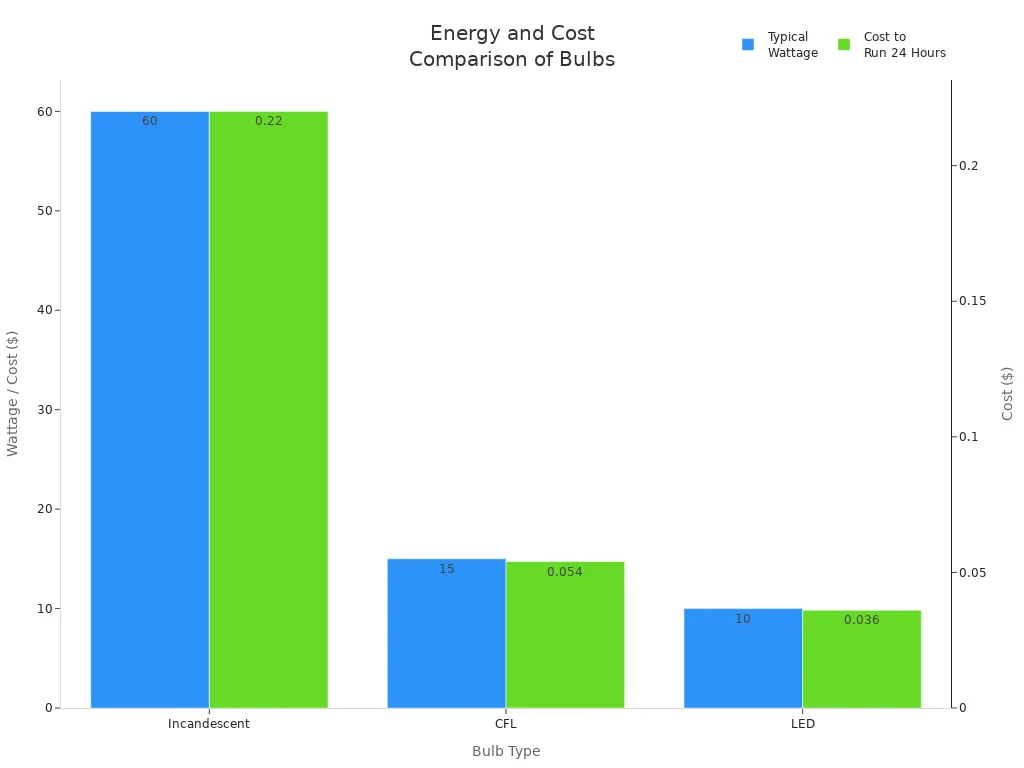
You can see that led recessed lights use only about 10 watts. That means you get about 75% more energy efficiency compared to incandescent bulbs and about 33% more than CFLs. If you run your lighting all day, you will notice the savings on your electric bill. These led bulbs also last much longer, so you won’t need to replace them as often. This makes your home more energy efficient and helps the environment.
Modern Aesthetics
If you want your home to look clean and modern, led recessed lights are a great choice. The ultra-thin design blends right into your ceiling. You get a smooth, uncluttered look that makes your rooms feel bigger and brighter. Here are some trends that make these can lights so popular:
-
Minimalist, ultra-thin fixtures create a seamless ceiling.
-
Smart lighting lets you control brightness and color temperature.
-
Biophilic and circadian lighting can mimic natural sunlight.
-
Energy efficient materials and designs support green living.
-
Invisible and modular lighting fits any room style.
You can match your lighting to your mood or the time of day. The led technology also means you get true, vibrant colors that make your space feel alive.
Smart Features
Today’s led recessed lights come packed with smart features that make your life easier. You can control your lighting with your phone or your voice. Here are some of the best features you might find:
-
App control for easy scheduling and remote access.
-
Voice commands with popular smart home assistants.
-
Adjustable brightness from 1% to 100%.
-
Up to 16 million color options for any mood.
-
Music sync mode that changes colors with your favorite songs.
-
Group control to manage lights in different rooms at once.
-
Scene modes for movie nights, parties, or relaxing evenings.
With these smart features, you can set the perfect lighting for any moment. You can even share control with your family, so everyone gets the lighting they like. The led bulbs inside these can lights use less energy and last longer, so you get both convenience and efficiency.
Tip: Try using music sync mode during your next game night or party. Your lighting will dance along with the beat!

Recessed Lighting Cons
Upfront Cost
When you look at recessed lighting, the first thing you might notice is the price. Thin LED retrofits often cost more than regular bulbs or older fixtures. You pay more at the start because these lights use new technology and have extra features. If you want smart controls or color-changing options, the price goes up even more. Some people feel surprised by the cost when they plan to update many rooms at once.
But remember, you save money over time because these lights use less energy and last longer. Still, the higher upfront cost can make you think twice, especially if you have a tight budget or need to buy a lot of fixtures for your home.
Replacement Challenges
Switching from old recessed lighting to thin LED retrofits can be tricky. You might need to remove old fixtures, disconnect wires, and check for safety hazards. Sometimes, you need special tools like a ladder, wire strippers, or a voltage tester. If you do not feel comfortable with electrical work, you may need to call an electrician.
Here is a quick look at the steps you might face during a retrofit replacement:
|
Step |
What You Need to Do |
|---|---|
|
Turn off power |
Make sure the circuit is safe before you start |
|
Remove old fixtures |
Take out old parts carefully |
|
Disconnect wiring |
Handle wires safely and know how to reconnect them |
|
Install new fixtures |
Follow the instructions for your new lighting |
|
Secure and test |
Make sure everything works and is safe |
|
Check layout and spacing |
Avoid shadows and uneven lighting |
|
Inspect insulation |
Look for hazards and make sure everything is safe |
You also need to think about glare and shadows. If you do not place your new fixtures in the right spots, you might get bright spots or dark corners. Some thin retrofits have shallow designs that can cause glare if you do not use diffusers or pick the right placement.
Compatibility Issues
Not all ceilings or spaces work well with thin recessed lighting retrofits. You might find that your ceiling is too thick or has obstacles like pipes or beams. Some older homes have insulation that makes it hard to install new fixtures safely. If your ceiling is not flat, you may have trouble getting the lighting to sit flush.
Another big issue is air-tight ratings. Many thin retrofits are not air-tight. If your fixtures are not air-tight, air can leak through the holes in your ceiling. This leakage lets heat escape, which can make your home less energy efficient. In winter, warm air goes out, and in summer, cool air escapes. This problem is even bigger if you have recessed lighting in insulated ceilings or attics. You should always look for air-tight and insulation-compatible fixtures to keep your home comfortable and save on energy bills.
Note: Air-tight fixtures help stop heat loss and keep your home energy efficient. If you use non-air-tight fixtures, you might see higher heating or cooling costs.
Light Quality Concerns
You want your lighting to look good and feel comfortable. Sometimes, thin LED retrofits can cause problems with light quality. If the fixture design is too shallow or does not have a good diffuser, you might see glare or bright spots. This can make your room feel harsh or uncomfortable.
Some retrofits do not spread light evenly, so you get shadows or uneven lighting. You might also notice that colors look different under some LED lights. If the color rendering index (CRI) is low, your room might look dull or washed out. Always check the specs before you buy new fixtures to make sure you get the light quality you want.
Here are some common issues you might face:
-
Glare from direct view of LED chips
-
Hotspots from polished or reflective surfaces inside fixtures
-
Shadows if you do not space your lighting correctly
-
Uneven color if you mix different types of retrofits
Tip: Choose fixtures with good diffusers and a high CRI for the best light quality. Place your lighting carefully to avoid glare and shadows.

Energy Efficiency in Recessed Lighting
LED Technology Benefits
When you choose led recessed lights for your home, you get more than just a modern look. These lights use advanced led technology that makes your lighting much more efficient. You can brighten up your space while using less power. Here are some important things to know:
-
Lumen Output: This tells you how bright your light will be. Led recessed lights give you high brightness with less energy. You can pick the right amount of light for each room.
-
Color Temperature: Led recessed lights let you choose from warm white to cool white. You can set the mood for your living room, kitchen, or bedroom.
-
Beam Angle: You can focus light on one spot or spread it out. Led recessed lights offer different beam angles for accent or general lighting.
-
Energy Efficiency Ratings: Look for high lumens per watt and certifications like Energy Star. These show that your lights are truly energy efficient.
Led recessed lights use up to 80% less energy than old bulbs. They also last much longer. You will not need to change them as often, which means less waste and less work for you. Led lights do not have toxic materials, so they are safer for your home and the planet. Features like dimmers and smart controls help you use only the light you need, saving even more energy.
Tip: Using energy-efficient bulbs helps lower your electric bill and reduces your carbon footprint. Every small change adds up!
Long-Term Savings
Switching to led recessed lights can save you a lot of money over time. Even though the first cost is higher, you will see big savings in the long run. Take a look at this table to see how led bulbs compare to traditional bulbs over 10 years:
|
Cost Factor |
LED Bulb (10 years) |
Traditional Bulb (10 years) |
|---|---|---|
|
Initial Cost |
$8 |
$2 |
|
Lifespan |
25,000 hours |
1,200 hours |
|
Annual Energy Cost |
$1.50 |
$7.50 |
|
Total Cost (10 years, including replacements and energy) |
$23 |
$92 |
You can see that led recessed lights have a long lifespan, lasting up to 25,000 hours. That means you might not need to replace them for 10 to 20 years. Over a decade, you could save about $69 per bulb. If you have many lights in your home, these savings add up fast. Led recessed lights also use less energy, so your electric bill goes down each month. You get bright, reliable lighting and keep more money in your pocket.
Note: Led recessed lights are a smart choice if you want efficient lighting, a long lifespan, and real savings for your home.
Choosing LED Recessed Lighting
Key Considerations
When you pick led recessed lighting, you want it to fit your space. Think about these things before you buy:
-
Ceiling Type: See if your ceiling has insulation. IC-rated retrofits are safe for insulated ceilings. They help stop fire risks.
-
Housing Type: New construction housings attach to joists. You get more trim choices with them. Remodel housings work when you cannot reach above the ceiling.
-
Trim Style: Choose trim types for your lighting goals. Some trims focus light. Others spread it out. Pick based on your ceiling height.
-
Wiring and Wattage: Make sure your wires match the fixture. Check the highest wattage for safety.
-
Dimmable Features: Dimmable led retrofits let you change the mood. You can make rooms brighter or softer.
-
Color Temperature: Selectable color temperatures set the right feel. You can pick warm and cozy or bright and cool.
-
Wet-Rated Fixtures: For bathrooms or outside, use wet-rated retrofits. They are safe and last longer.
Tip: Always choose good retrofits that fit your ceiling. Look for ones with flexible lighting options.
Comparing Brands and Features
There are many led recessed light retrofits to pick from. Some have smart features, easy setup, and lots of colors. Here is a quick look at how some brands compare:
|
Brand |
Smart Features |
Color Options |
Connectivity & Integration |
Unique Features |
|---|---|---|---|---|
|
Brand A |
App and voice control, scheduling |
Adjustable color temperature, RGB |
Wi-Fi, app, voice assistants |
Music sync, group control |
|
Brand B |
Hub-free, direct Wi-Fi, automation |
Vibrant colors, adjustable white light |
App and voice control |
Simple setup, energy efficient |
|
Brand C |
Affordable, basic smart features |
Adjustable color temperature |
App and voice control |
Easy integration, basic design |
|
Brand D |
Versatile modes, music sync, group control |
16 million colors, 2700K-6500K, dimmable |
Wi-Fi, Bluetooth, app |
Canless design, flexible scenes |
Some retrofits let you change brightness from 1% to 100%. You can pick from millions of colors. Use your phone or voice to change the lights. Many models have music sync. Your lights move with songs or games. Group control lets you manage many lights at once. It is easy to set the mood in every room.
If you want led retrofits that are simple to install and have smart features, pick canless designs with app control. These choices help you create great lighting for any event.
Is Recessed Lighting Right for You
Best Use Cases
You might wonder where recessed lighting works best in your home or office. These lights fit right into your ceiling, so you get a clean and modern look. You can use them in many places:
-
Living rooms, kitchens, and hallways for general lighting that feels open and bright.
-
Areas with low ceilings where you want to save space and avoid bulky fixtures.
-
Spaces where you want to highlight artwork, architectural features, or create cozy reading nooks.
-
Offices, retail stores, and other commercial spaces that need bright, even light.
-
Rooms where you want to mix ambient, accent, and task lighting for different needs.
-
Remodel projects where you want to keep your old recessed housings but upgrade to something more efficient.
You can pick from different trim styles, like baffle for soft accent light or reflector for focused tasks. Sizes range from small for tight spots to large for big rooms. You also get to choose the color temperature, from warm and cozy to bright and energizing.
Tip: Try using adjustable trims if you want to direct light to a special spot, like a painting or a work area.
When to Consider Alternatives
Sometimes, recessed lighting might not be the best choice. You should think about other options if:
-
Your ceiling has lots of obstacles, like pipes or beams, that make installation hard.
-
You want a decorative fixture that stands out, like a chandelier or pendant light.
-
The room needs more direct or focused light, such as for reading lamps or under-cabinet lighting.
-
You have a historic home where you want to keep the original look and feel.
-
You need lighting in a space where moisture is a problem, unless you use wet-rated fixtures.
If you want to add style or a special touch, surface-mounted lights or track lighting might work better. Always match your lighting to your space and what you want to do in each room.
You get a lot of benefits with thin recessed light bulb replacements. They look sleek, save space, and give you even lighting across your room. You can pick from many trims and features, and LEDs help you save energy and money. Some challenges include higher upfront costs and tricky installation. If you want to upgrade, try these steps:
-
Check your current lighting.
-
Plan your needs and fixture layout.
-
Ask a professional for help if you feel unsure.
Tip: Online forums and expert advice can guide you through installation and troubleshooting.
FAQ
How do you install thin recessed light bulb replacements?
You just cut a hole in your ceiling, connect the wires, and clip the fixture in place. Most kits come with easy instructions. You can finish the job with basic tools.
Can you control recessed lights with your phone?
Yes! Many modern recessed lights work with apps. You can adjust brightness, change colors, and set schedules right from your phone. Some models even respond to voice commands.
Do thin recessed lights save energy?
Absolutely. Thin LED recessed lights use less electricity than old bulbs. You get bright light and lower bills. These lights also last much longer, so you replace them less often.
What rooms work best for recessed lighting?
You can use recessed lights in living rooms, kitchens, bedrooms, and hallways. They fit well in spaces with low ceilings or where you want a clean look. You can also highlight art or special features.
Can you change the color of recessed lights?
Yes, you can! Many LED recessed lights let you pick from millions of colors. You can set the mood for parties, movie nights, or relaxing evenings. Some even sync with music for extra fun.


